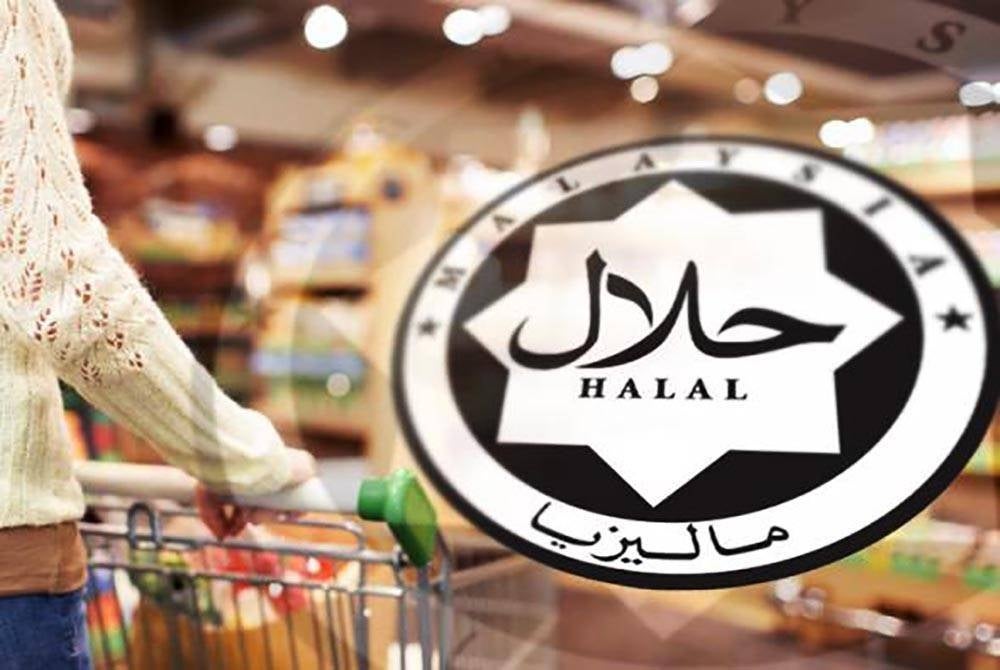Non-Muslim companies dominate halal certification ownership in M'sia, reveals Jakim data

SHAH ALAM - The Department of Islamic Development Malaysia (Jakim) has revealed that almost 72 per cent or 165,026 out of a total of 229,204 products with halal certifications in the nation are owned by non-Muslim companies, while only 37,466 are bumiputera products.
These figures are based on data from 2021 to April 10, 2023.
Jakim Halal Management Division director Mohamad Zamri Mohamed Shapik said beginning this year until April 10, 21,448 non-bumiputera-owned products obtained the Jakim halal status, compared to 8,341 bumiputera products.
The latest data on Jakim halal certification ownership, as released by Jakim, reveals that only 41 per cent of Muslim bumiputera entrepreneurs showed interest in obtaining the certificate.
"Non-bumiputera companies are more interested in getting the Malaysia's Halal Verification Certificate (SPHM) than bumiputera-owned companies as they realise the significance of the certificate towards ensuring the products meet the halal standards required for Muslim consumers," he told Sinar Premium.

As of Dec 31, 2022, a total of 7,742 companies possessed the Malaysian halal certificate, with 59 percent being non-bumiputera companies.
Zamri mentioned that the number of bumiputera halal products remains low due to their limited involvement in the country's economy and business sector, compared to non-bumiputeras.
He noted a significant increase in the possession of halal certificates for non-bumiputera-owned products, rising from 68,686 in 2021 to 74,892 in 2022.
"The increase indicates a steadily recovering economy and an improving halal industry compared to 2021, which was the peak of the Covid-19 pandemic.
"We have observed that the halal industry is becoming more productive in manufacturing products while recogniing the high demand for halal certification to penetrate domestic and foreign markets," he added.
In 2022, Jakim certified 104,017 halal products, of which 29,125 were bumiputera-owned.
In 2021, there were 95,398 products with halal certification, with 68,686 being non-bumiputera-owned and 26,712 being bumiputera-owned.
Bumiputera participation in the business sector has shown a yearly increase, contributing to the rise in SPHM applications among bumiputera entrepreneurs.
"Previously, only 30 per cent of bumiputera entrepreneurs had the Jakim halal certification.
"The realisation of the importance of halal certification among bumiputera entrepreneurs has increased by 11 per cent, as the quality of SPHM can further enhance their products in the domestic and international markets," he added," Zamri explained.
Zamri also mentioned that Jakim welcomes the efforts of small businesses to apply for the SPHM in order to increase the number of certificate holders in the bumiputera industry.
"To support this, Jakim has initiated collaborations with government agencies that provide mentoring to entrepreneurs, including the Entrepreneurship and Cooperative Development Ministry, the Rubber Industry Smallholders Development Authority (Risda), Malaysian Research and Development Institute (Mardi), Malaysian Islamic Economic Development Foundation (YaPEIM), and the People's Trust Council (Mara).
"Starting in 2023, the promotion of the Malaysian halal certificate will be conducted through the Malaysia Halal Clinic programme, which will be implemented every three months," he explained.













